CASA BLOGS
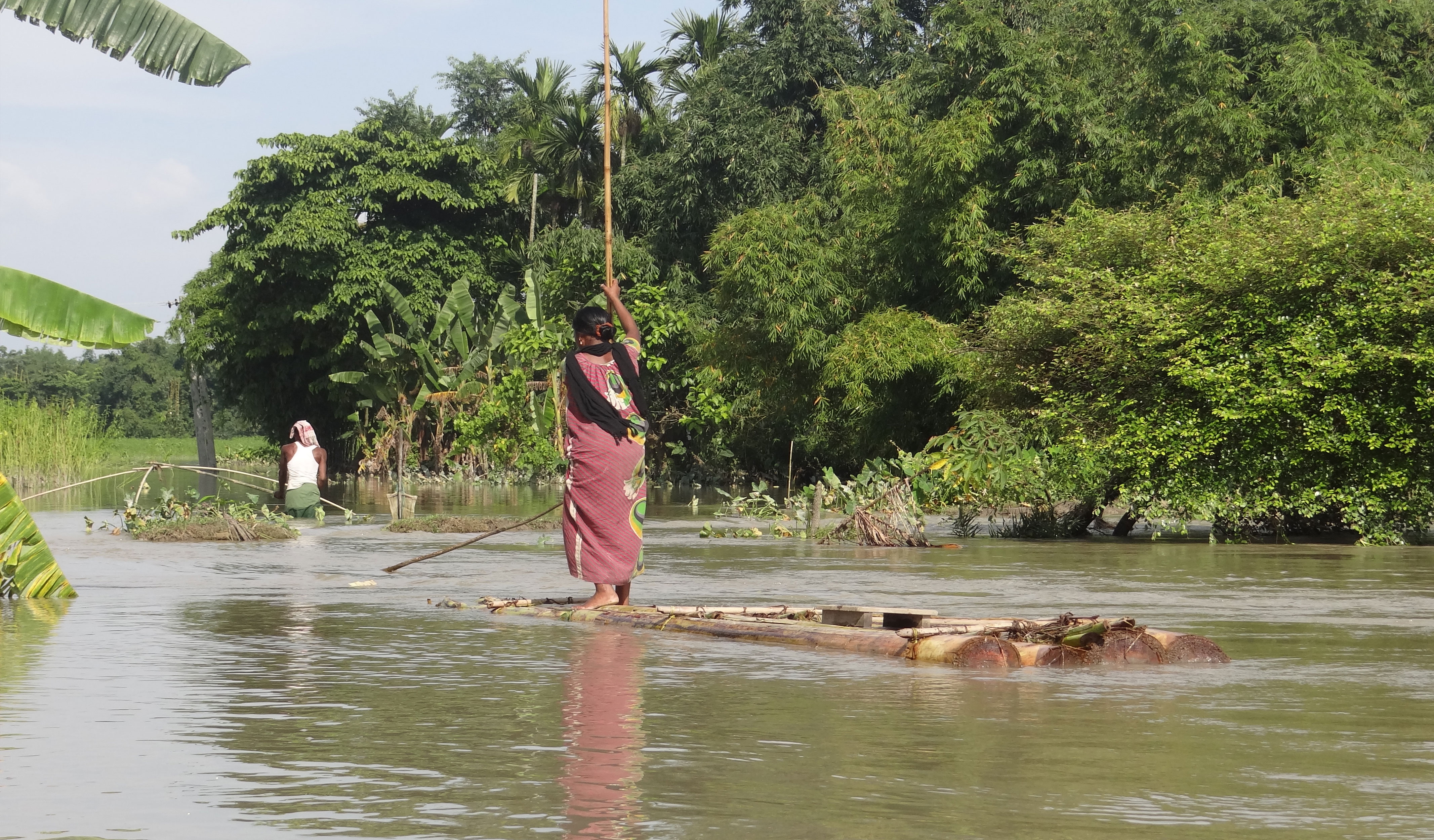
Climate Demands Change in Homo sapiens
BY DEEPAK SINGH
The eco-centric or bio-centric approach advocates justice for all life on earth, including plants, animals and humans. It does not prioritise human life. On the issues concerning equality and justice, every person matters equally. Yet we fail to recognise that other species also have a right to life akin to the right to life of humans. The eco-centric concern is not just a moral theory; environmental destruction can bring an end not just of human civilisation as we have known in this generation, but indeed of all life on the planet. The do
mination of the Homo sapiens (human) over other species in the recent history of the earth, and their lifestyle has brought to the fore questions about the sustainability of resources and quality of life. It is therefore essential that the philosophy that governs the human species should also address the ecological concern.
‘The concept of Justice is fundamental to the environmental concerns of contemporary society. It is important to remind ourselves of the two major ecological critiques...... First, these societies are not sustainable as they aspire for continuous growth in a world that has limited renewable resources and a restricted ability to absorb the pollutants of this society. Second, the aspiration for unending growth is not just impossible but also undesirable; for it places human beings at the centre of the world and the natural world is seen as simply a means for human consumption. A sustainable society has to respect the limits imposed by nature and redefine human needs and wants’.
 Climate change is the result of complex natural and human factors. Thus, it has been interpreted differently by different people, i.e. scientist, industrialist, conservationist and theologian. Some scientists question the validity of the assumption that human interfering has any impact on global warming. Such a view is considered to support the interests of those who would like to maintain the status quo and avoid incurring heavy costs to alterations to industrial infrastructure leading to possible high cost of production and loss of profit. The environmentalists argue that even though climate change cannot be accurately projected, a complacent attitude should be avoided as the future can be worse than what industrialists think. The United Nations Framework Convention on Climate Change defines it as, “a change of climate which is attributed directly or indirectly to human activity that alters the composition of the global atmosphere and which is in addition to natural climate variability observed over comparable time periods”.
Climate change is the result of complex natural and human factors. Thus, it has been interpreted differently by different people, i.e. scientist, industrialist, conservationist and theologian. Some scientists question the validity of the assumption that human interfering has any impact on global warming. Such a view is considered to support the interests of those who would like to maintain the status quo and avoid incurring heavy costs to alterations to industrial infrastructure leading to possible high cost of production and loss of profit. The environmentalists argue that even though climate change cannot be accurately projected, a complacent attitude should be avoided as the future can be worse than what industrialists think. The United Nations Framework Convention on Climate Change defines it as, “a change of climate which is attributed directly or indirectly to human activity that alters the composition of the global atmosphere and which is in addition to natural climate variability observed over comparable time periods”.
Whatever way climate change is interpreted, the policy of unlimited growth among industrialized countries and the drive for profit of big corporations has direct relation to environment. According to the WCRC Accra confession, ‘in 1989, one species disappeared each day and by 2000 it was one every hour. Global warming, the depletion of aquatic life, deforestation, soil erosion, and threats to fresh water are among the devastating consequences of aggressive growth and profit. Communities are disrupted, livelihoods are lost, coastal regions and Pacific islands are threatened with inundation (pt.8)’. Therefore, an analysis of climate change is important from this perspective because it is considered that if human activity that causes detrimental climate change is not regulated, the survival of the entire life on the planet Earth is under threat.
The crisis is deeply linked to a model of ‘growth’ that treats nature as a commodity with unrestrained competition, untamed consumption, infinite economic growth, and accumulation of wealth without social/environmental obligation. This, without any alternative, demands an endless flow of sacrifices from poor and nature. The protagonists of the model promise that it can save the world through innovation and technology by creating and investing more wealth. However, looking at the environmental trends and hyper growth in the past 30 years, more damage has been observed to environment and poor in comparison to innovation and investment to maintain growing temperature below 20C .
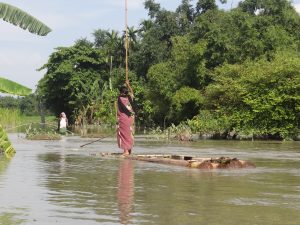 India, being influenced by such ‘growth’, has to view its development path carefully as natural wealth is not only the basis of ‘economy’ but more importantly, it is the source of life for 1.25bn human and unaccounted non-humans in the country. The casual and unplanned path of ‘development’ in past decades has shown severe effects on our life giving rivers, forest cover and bio-diversity. Our food rich agricultural land size has shrunk drastically, and most of it has now been highly contaminated. This is becoming a threat to life, not only in this country, but also for the health of the global eco-system.
India, being influenced by such ‘growth’, has to view its development path carefully as natural wealth is not only the basis of ‘economy’ but more importantly, it is the source of life for 1.25bn human and unaccounted non-humans in the country. The casual and unplanned path of ‘development’ in past decades has shown severe effects on our life giving rivers, forest cover and bio-diversity. Our food rich agricultural land size has shrunk drastically, and most of it has now been highly contaminated. This is becoming a threat to life, not only in this country, but also for the health of the global eco-system.
The eco-centric or bio-centric approach advocates justice for all life on earth, including plants, animals and humans. It does not prioritise human life. On the issues concerning equality and justice, every person matters equally. Yet we fail to recognise that other species also have a right to life akin to the right to life of humans. The eco-centric concern is not just a moral theory; environmental destruction can bring an end not just of human civilisation as we have known in this generation, but indeed of all life on the planet. The domination of the Homo sapiens (human) over other species in the recent history of the earth, and their lifestyle has brought to the fore questions about the sustainability of resources and quality of life. It is therefore essential that the philosophy that governs the human species should also address the ecological concern.
Brian Baxter, an educationist on environmental politics, argues that
1. Human being must seek to arrive at some conception of ‘enough’ to define the degree of material well-being and consumption which is acceptable to all human beings.
2. Human beings have the responsibility to limit their number so that they don’t get into the position of having no alternative in order to meet the demands of social justice, but to destroy the conditions necessary to the existence and flourishing of non-human creatures.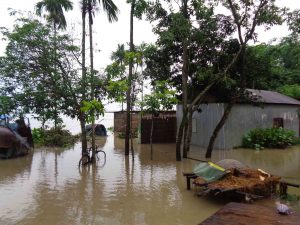
Ramchandra Guha (1988) reminds the peasant movement that questions the reservation of the forest for the timber lobby and its exploitation for the elite or international market. It neither benefits livelihoods of the poor nor preserves forest for non-human. Therefore, environmental problem needs to be understood with reference to the consumption of natural resources between the rich and poor, developed and developing countries, and indeed men and women. For instance, a 27 floor building worth U$D1bn for a family of four people in Mumbai (for the richest man of India), consumes water and energy equal to hundreds of ordinary citizens and the amount of waste it releases needs to be viewed from equity and sustainability perspective. An endless demand with huge purchasing capacity of the Global North (industrialised countries and the rich within developing countries) should check whether they are free to buy any amount of products by exploiting natural resources of the Global South (while preserving its own natural resource base)? It is high time to acknowledge the fact that such an attitude and behaviour does impact both the North and South at the End.
Therefore, when we apply progressive instruments like ‘Paris Agreement’ in adaptation and mitigation of the negative effects of climate change, apart from technological innovation and investment, it is imperative for human society to acknowledge that our growth and existence is determined by the life of non-humans on the planet. It is high time to restore our relationship with nature and ensure its prosperity that in-turn sustains our existence and needs. Hence, the unity of human with nature is a fundamental concept, which needs to be grasped for adaptation and mitigation of the negative effects of Climate Change. This requires a change in attitude and behaviour of the Homo sapiens toward nature and all non-human life on planet earth.
 Previous Blog Post Lymphatic Filariasis: So you think you know the disease well?
Previous Blog Post Lymphatic Filariasis: So you think you know the disease well?Featured Post
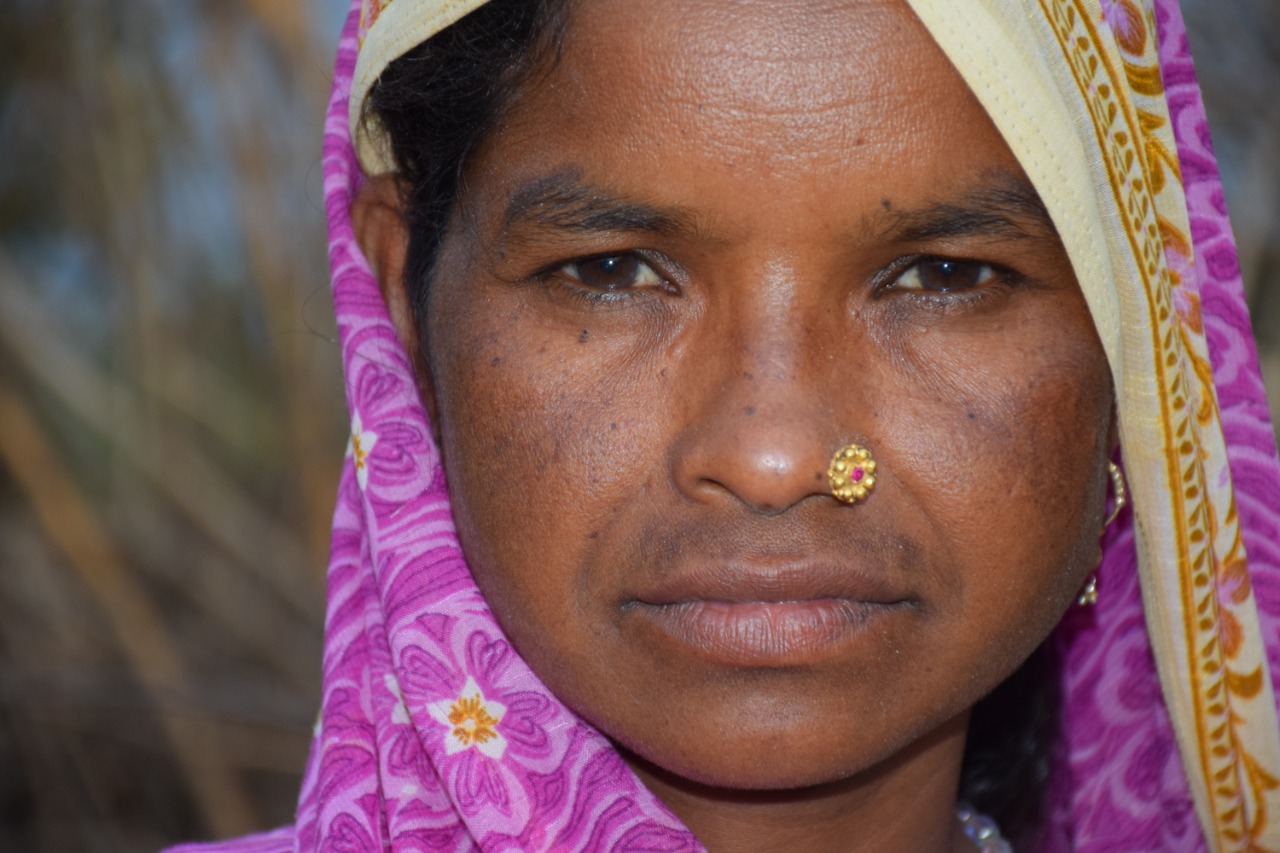
Mental Health Awareness in India: Addressing Key Challenges
8 Nov 2024
Mental health awareness is crucial in India, where millions silently struggle with mental health disorders, including depression, anxiety, and bipolar disorder. Despite growing recognition, India faces unique challenges in effectively addressing mental health issues. The stigma associated with mental illness remains a primary barrier. In Indian society, mental health issues are often misunderstood, leading to […]

Ensuring Girls’ Safety in India: A Path Toward Empowerment
20 Aug 2024
Girls’ safety in India remains a critical issue that has garnered increasing attention over the years. Despite various reforms and efforts from both government and civil society, challenges persist. From street harassment to domestic violence, gender-based discrimination continues to limit the freedom and safety of girls. While significant progress has been made in addressing these […]
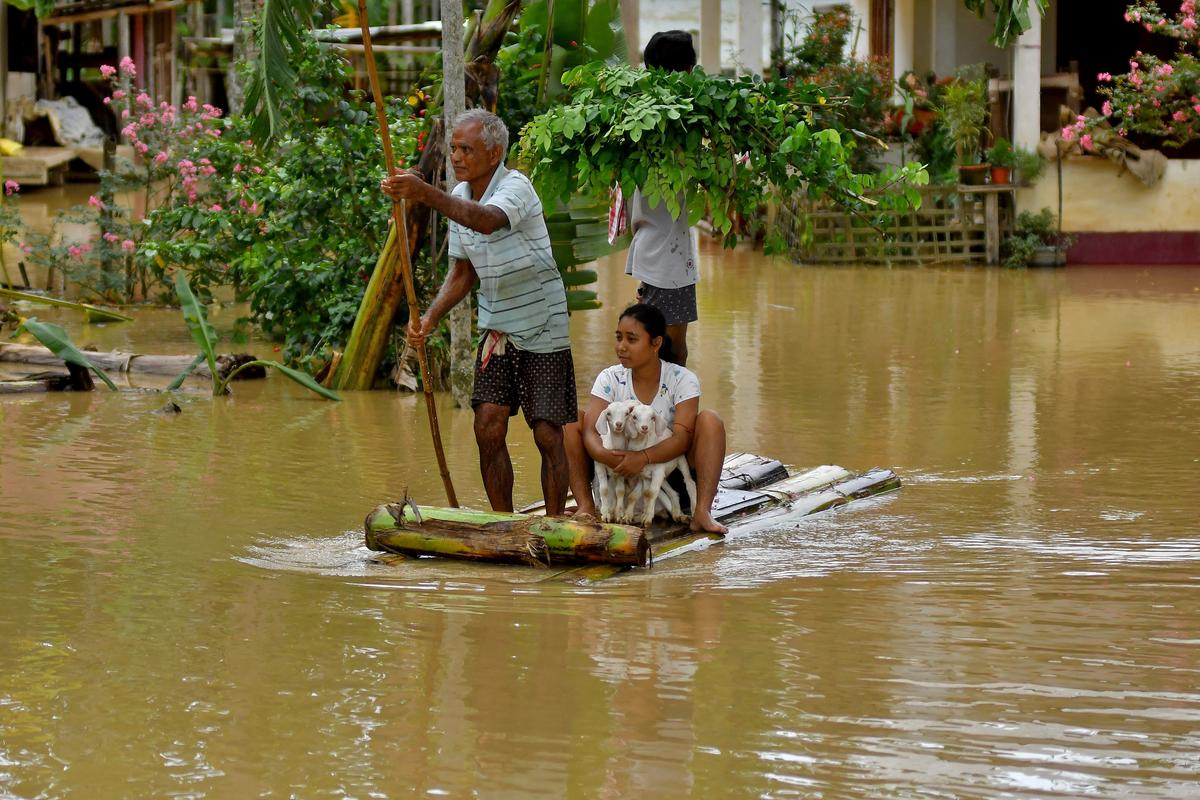
The Connection Between Monsoons and Floods in India: An In-Depth Analysis
9 Jul 2024
India, a land of diverse climates and geographical features, relies heavily on the monsoon season for its agricultural and water resources. However, with the benefits of the monsoon rains come significant challenges, particularly in the form of floods. This blog explores the intricate relationship between the monsoon season and flooding in India, providing detailed insights […]




